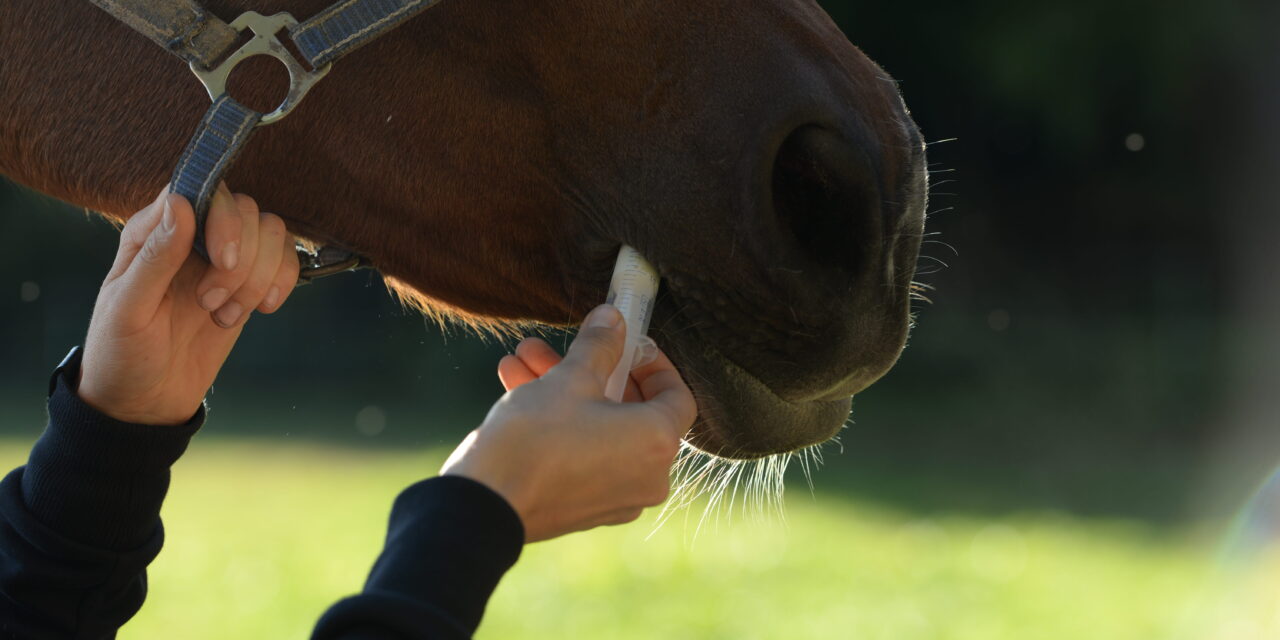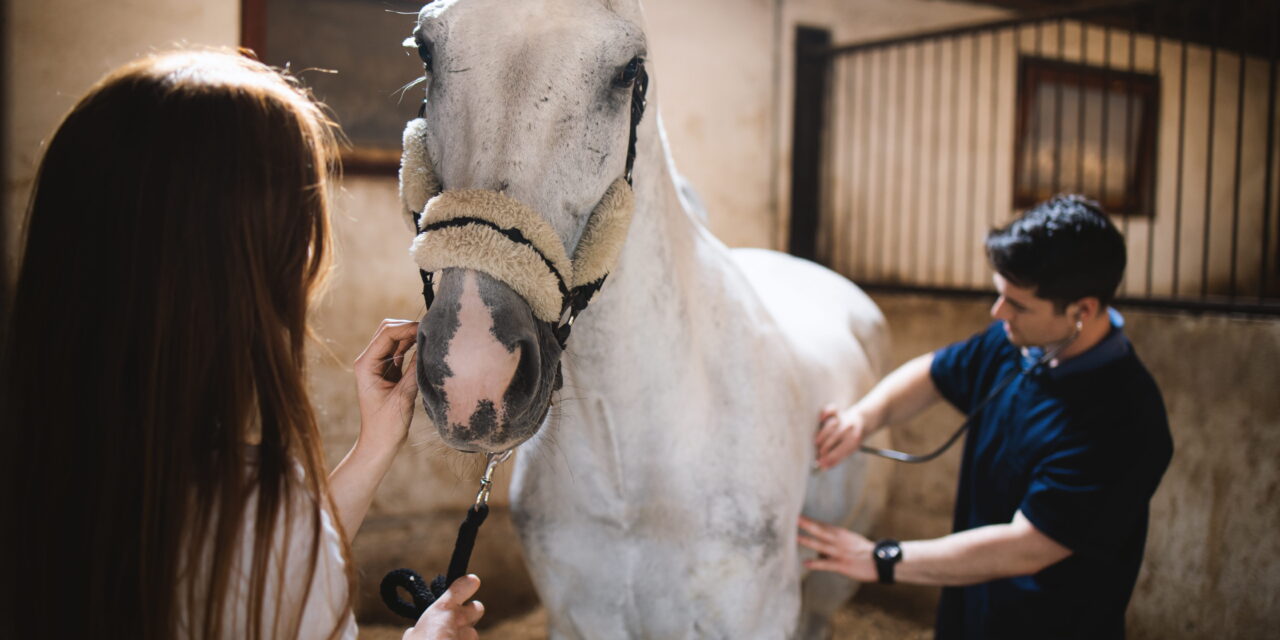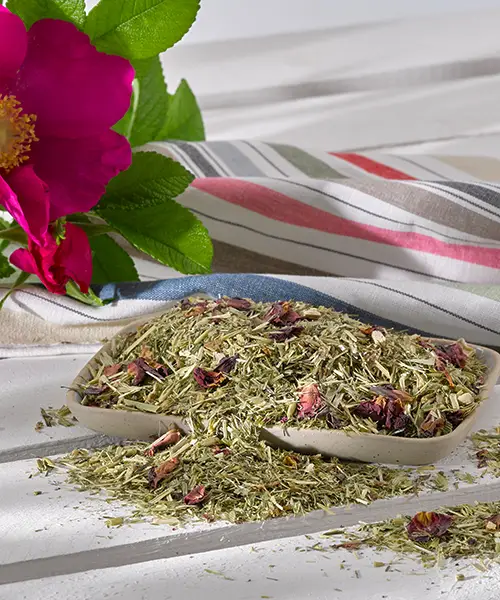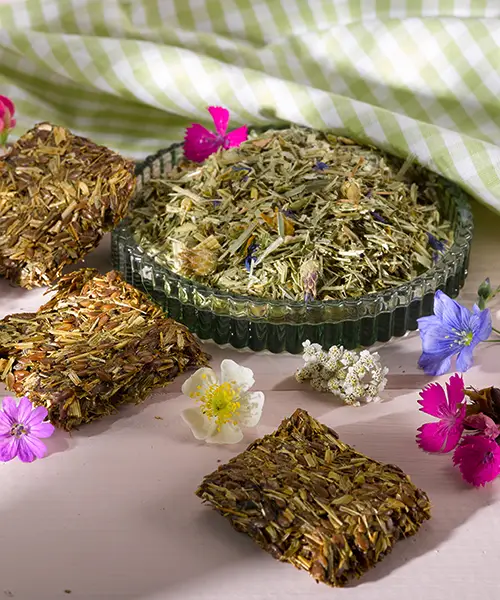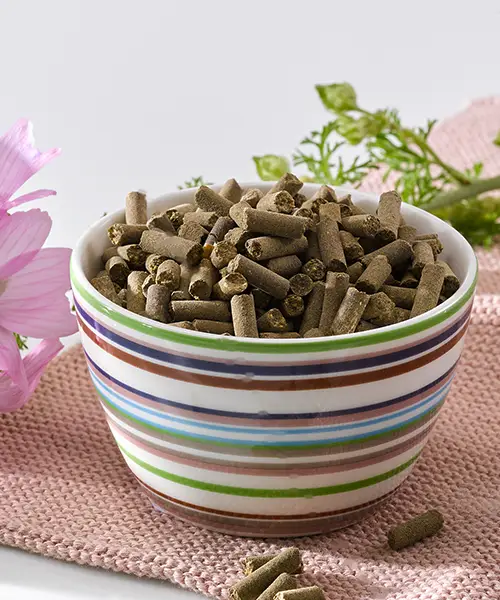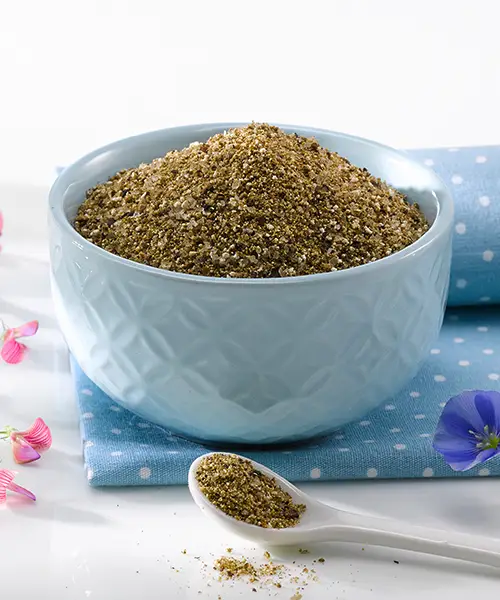Every autumn, the debate in numerous stables picks up again: should the horses be dewormed? Thankfully, the concept of selective deworming is gaining ground across more stables. This entails faecal samples being tested to determine the presence of worms in the horse. If worms are detected, the horse undergoes deworming; if not, you can sit back and relax until the next faecal sample is due.
Typically, only around 20% of a herd is affected by worm infestations, and these are often recurring cases. The remaining 80% are either worm-free or exhibit a minimal worm burden that doesn’t necessitate intervention.
For most worm types, faecal samples are a reliable means of detection. Strongylidae, the most prevalent worms, warrant consistent attention in adult horses. Young horses are prone to roundworm infestations, while older counterparts might sporadically contend with pinworms.
If a horse has a severe tapeworm infestation, you’ll often find the white segments in its droppings when mucking out – no microscope needed.
Botfly larvae are an exception, as they cannot be detected in faecal samples – they overwinter in the horse’s stomach. An infestation is usually identified by the presence of the characteristic yellow eggs on the coat, typically found on the fetlocks and shoulders in late summer and early autumn.
When a group of horses exhibits an infestation of botfly eggs, deworming should be conducted once the first frost subsides, and flying insects are no longer present.
The deworming procedure effectively eliminates the larvae within the stomach. If no adult botflies are in flight, a fresh infestation cannot take place. This disrupts the cycle, as the horse doesn’t release larvae in spring, preventing their development into adults that lay eggs.
Consistent deworming against botflies in a specific region often yields results in diminishing their prevalence. This could lead to their eventual disappearance from the region, relocating to other areas.
Until just a few years ago, it was widely believed that horses would inevitably become infested with worms, and that the burden would continually worsen until the horse died – unless dewormers were used every three to six months to kill off the parasites.

Recent extensive studies on deworming have revealed that horses possess innate abilities to fend off worm infestations. A well-functioning immune system and a healthy intestinal environment play pivotal roles in this defence mechanism.
This is precisely where various “alternative deworming remedies” come into play, ranging from homeopathy to herbal solutions. Their effectiveness typically revolves around enhancing the intestinal environment, rendering it inhospitable for worms. When these parasites are somewhat debilitated, the immune system can more effectively combat them, compelling their departure. Subsequently, newly ingested worm larvae find the environment so unfavourable that they opt not to settle there.
With the right measures, it’s often possible to support your horse in such a way that the number of worms in the gut never reaches a level that would require chemical deworming.
Traditional medicine has documented numerous plants for their worm-deterring properties, which were historically employed for both humans and animals. While there have been limited long-term studies on the effect of these herbs in horses, ongoing research is shedding light on their potential. Initial findings and results suggest that herbs can indeed offer intestinal support, preventing initial worm infestations or aiding in faster recovery after mild worm infections, even without resorting to chemical interventions.
However, when a severe worm infection is present, these measures alone often prove inadequate. In such cases, a chemical dewormer is typically necessary (always select the active substance according to the specific type of worm, avoiding unnecessary use of potent treatments).
Simultaneously, employing herbal remedies to prevent new infections is consistently beneficial. Sainfoin is a prime example of a herb that excels in parasite control. Numerous studies conducted on small ruminants, such as sheep and goats, have demonstrated that animals regularly fed sainfoin exhibit significantly reduced worm infections.

Preliminary research involving horses suggests that sainfoin exerts a stabilising influence on the large intestine, precisely where the problematic strongylidae thrive. This implies that sainfoin likely contributes to altering the gut environment in a manner that becomes inhospitable to worms. We eagerly await the conclusive outcomes of ongoing equine studies.
Herbal deworming blends offer an additional form of phytotherapeutic support.
These mixtures draw on traditional herbal knowledge, giving medicinal plants a new role in everyday preventive health care. Deworming herbal mixtures can also be fed preventively in short courses during autumn and spring – to help prevent infestations and support the immune system in maintaining a healthy intestinal balance.
Homeopathy also offers an avenue for worm prophylaxis. The literature describes a range of individual remedies to bolster defences against various worm types. For instance, Abrotanum C30 is recommended against strongylidae, Cina C30 against botflies, and Nartrium Sulfuricum D12 against tapeworms.
Prior to using homeopathic remedies, it is essential to consult a qualified homeopath to determine whether the treatment is appropriate for the horse’s specific situation. Otherwise, such remedies may trigger significant initial aggravations.


